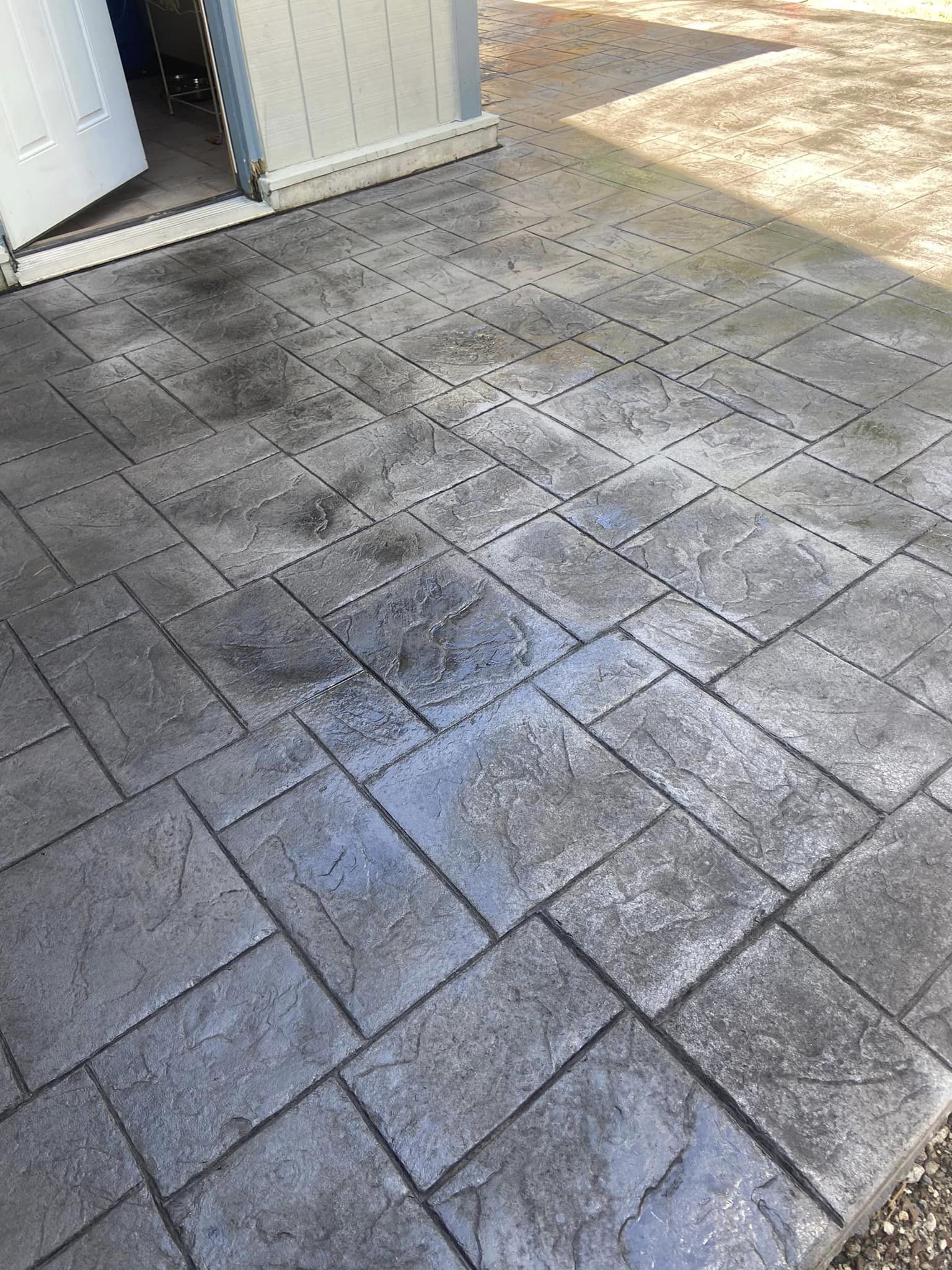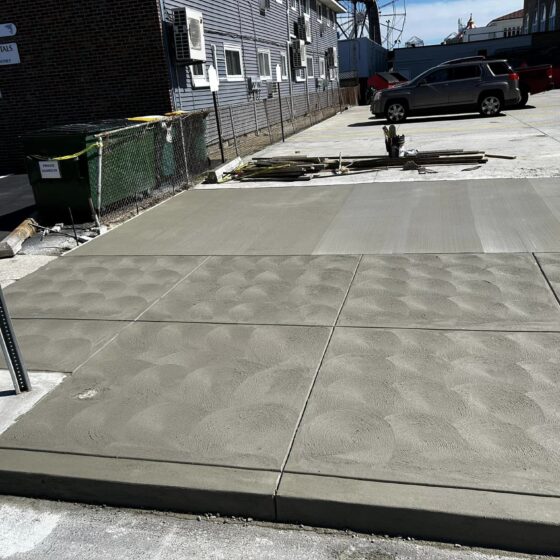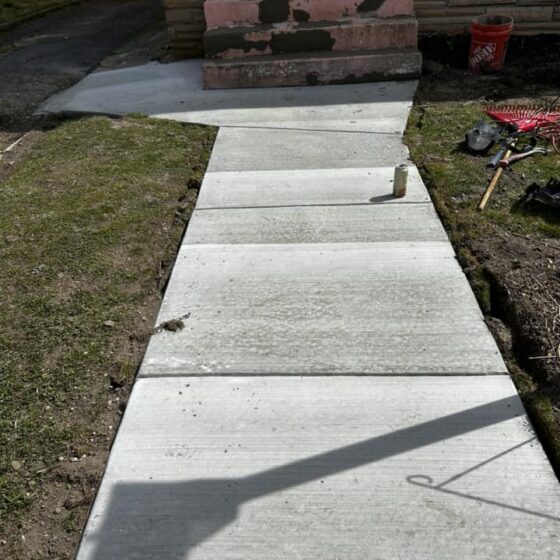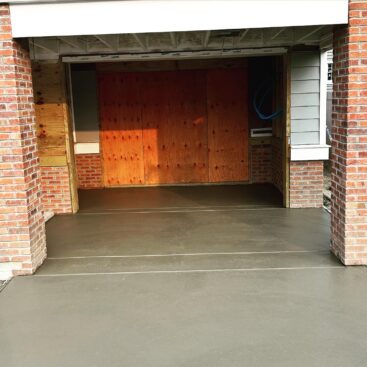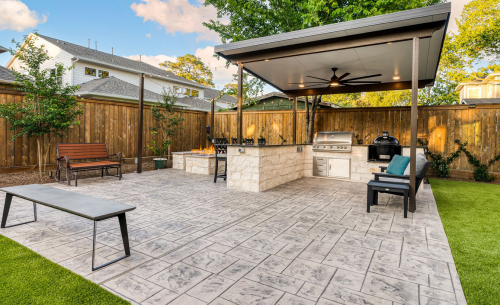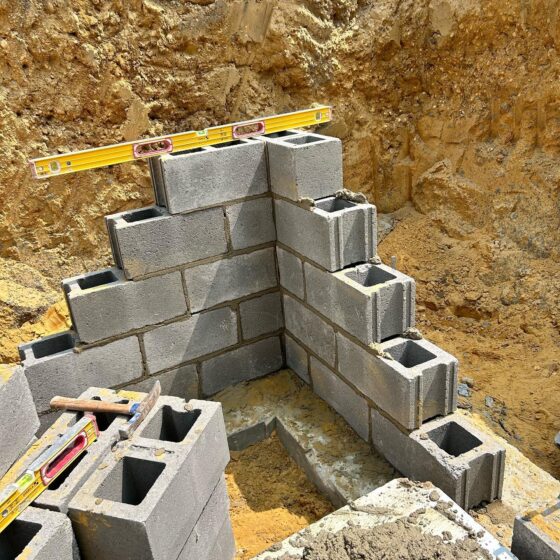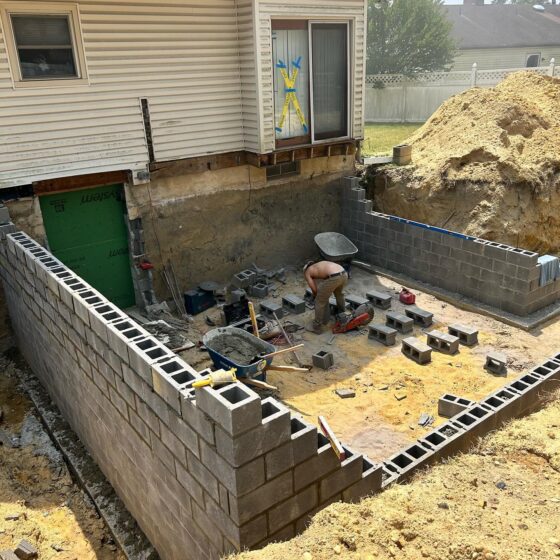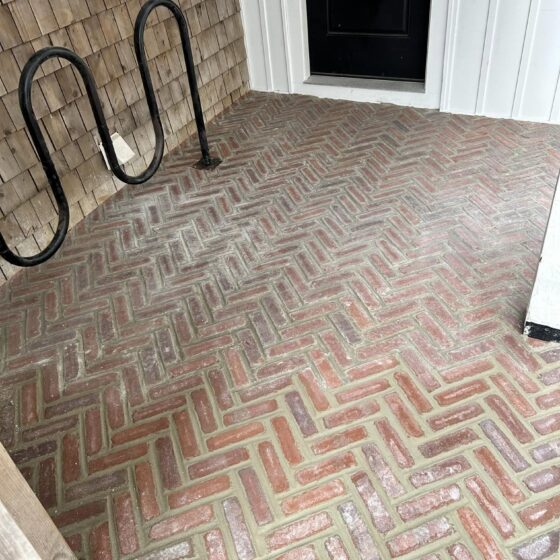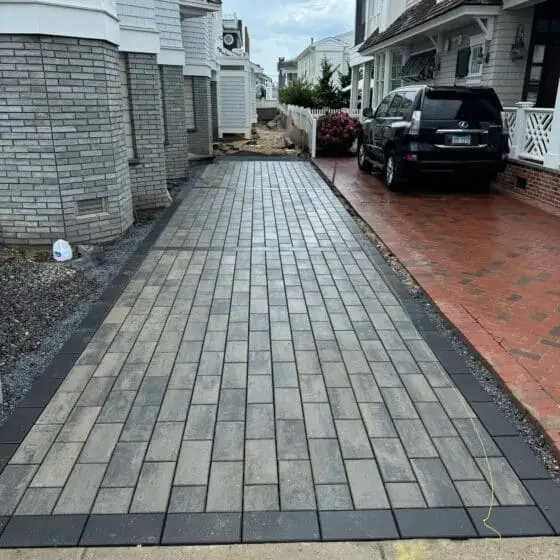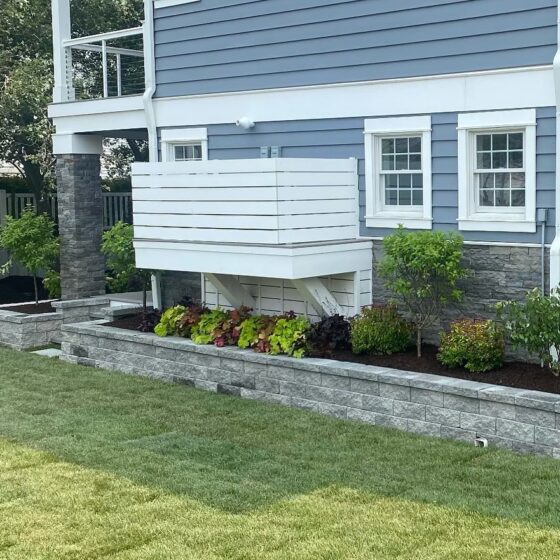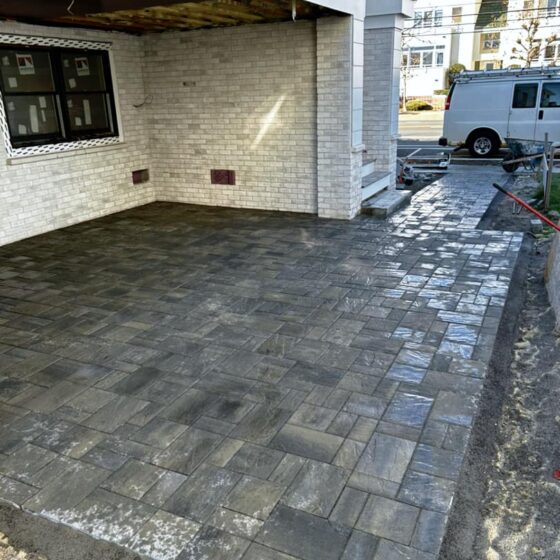concrete block, brick, mortar, construction, wall, masonry, cement, brickwork, freemasonry, apprenticeship, fireplace, mason contractors association of america, employment, stone veneer, concrete, marble, chimney, masonry veneer, ashlar, foundation, limestone, stonemasonry, rebar, granite, building material, bricklayer, trowel, grout, scaffolding, sand, pavers, retaining wall, building code, waterproofing, glass brick, plaster, stucco, basement, arch, training, clay, steel, tuckpointing, wage, hammer, tile, prefabrication, forklift, slate, cast stone, precast concrete, architecture, drill, crane, reinforced concrete, fraternity, workforce, driveway, lime, salary, blueprint, hard hat, wood, pump, beam, international union of bricklayers and allied craftworkers, great wall of china, repointing, drywall, architect, flooring, weep, refractory, iron, artificial stone, skill, pyramid, stamped concrete, journeyman, diamond blade, lintel, supervisor, countertop, terrazzo, encyclopædia britannica, floor, citation, sustainability, roof, soil, thermal mass, bridge, new york city, patio, renovation
Can Masonry drill bits be used for wood?
No, masonry drill bits are not suitable for drilling into wood. Masonry bits are designed for drilling into hard materials like concrete, brick, and stone, and will not effectively or safely penetrate softer woods. For drilling into wood, it is best to use wood-specific drill bits.
Can insulation touch a masonry chimney?
No, insulation should not touch a masonry chimney. Chimneys generate high heat and require a clearance space around them to prevent fire hazards. Insulation in direct contact with a chimney can be a fire risk and should be avoided.
Can you paint masonry with latex paint?
Yes, you can paint masonry with latex paint. Latex paint adheres well to properly prepared masonry surfaces and provides a durable, long-lasting finish. The key is to ensure the masonry is clean, dry, and primed before applying the latex paint.
Can you mix masonry paint?
Yes, you can mix masonry paint. Masonry paint can be combined with other compatible paints to achieve desired color or finish. It's important to follow the manufacturer's instructions for proper mixing and application.
Can Masonry paint be used on wood?
Masonry paint is not suitable for use on wood surfaces. Masonry paints are formulated for concrete, brick, and stone and will not adhere well to wood. Using the wrong type of paint can lead to poor coverage, peeling, and deterioration of the wood.
How high is Royal Arch Mason in the levels of masonry?
There is no "Royal Arch Mason" level in Freemasonry. The typical progression goes from Entered Apprentice to Fellowcraft to Master Mason. Beyond that, some Masons may join appendant bodies like the Royal Arch, but these are separate from the three core degrees.
Are bricks masonry?
Yes, bricks are considered a type of masonry. Masonry refers to construction materials such as bricks, blocks, stones, and concrete that are laid and bound together with mortar to form walls, foundations, and other structures.
What determines proper masonry drill bit use?
Proper masonry drill bit use is determined by the material being drilled (concrete, brick, stone, etc.), bit size, and speed/force applied. Bits designed for masonry provide the necessary hardness and chisel-like shape for effective drilling into dense materials.
Is latex paint suitable for masonry?
Latex paint is generally not recommended for masonry surfaces, as it does not adhere well and can peel over time. Masonry surfaces typically require specialized paints or sealers designed for concrete, brick, or stone.
How does insulation affect masonry chimneys?
Insulation helps regulate temperature and moisture in masonry chimneys, preventing condensation and improving their efficiency. Proper insulation can extend the lifespan of chimney structures by protecting them from weathering and deterioration.
What techniques enhance masonry paint adhesion?
Proper surface preparation, such as cleaning, degreasing, and roughening the surface, improves paint adhesion on masonry.
Using a compatible masonry primer or bonding agent helps the paint adhere securely to the substrate.
Choosing a paint formulated specifically for masonry surfaces can enhance long-term adhesion and durability.
Can masonry paint adhere to wood?
Masonry paint is typically formulated to adhere to concrete, brick, and stone surfaces, not wood. Using masonry paint on wood may lead to poor adhesion and peeling. For best results, it's recommended to use a wood-specific paint or primer designed for that substrate.
How is Royal Arch Mason ranked?
The Royal Arch Mason is the highest degree within the York Rite of Freemasonry, following the Entered Apprentice, Fellowcraft, and Master Mason degrees. It is considered an essential part of the "third degree" in Freemasonry.
Are bricks considered standard masonry material?
Yes, bricks are a standard and widely used masonry material. Bricks are durable, fire-resistant, and can be used for a variety of construction projects, including walls, foundations, and chimneys.
Can wood be drilled with masonry bits?
Yes, wood can be drilled using masonry bits, but they are not the ideal tool. Masonry bits are designed for drilling into harder materials like concrete, brick, or stone. Using them on wood can cause the bit to wander, create larger holes, and potentially damage the wood.
Does mixing paint alter masonry durability?
Mixing paint does not directly impact the durability of masonry. Proper surface preparation, use of compatible paint, and regular maintenance are more crucial factors for maintaining the longevity of masonry structures.
What prep work does masonry painting require?
Masonry painting requires thorough surface preparation, including cleaning, patching any cracks or holes, and priming the surface to ensure proper paint adhesion. Applying a high-quality masonry paint in multiple coats is also crucial for long-lasting results.
Are masonry bits multi-surface appropriate?
Masonry bits are designed for use on a variety of surfaces, including brick, concrete, stone, and tile. They can be used to drill holes or create openings in these materials, making them a multi-surface appropriate tool for various projects.
Is specialized paint required for masonry?
Yes, specialized masonry paints are recommended for exterior masonry surfaces like concrete, stucco, and brick. These paints are formulated to withstand weathering and provide a durable, long-lasting finish on masonry materials.
Whats the best masonry paint for outdoors?
For outdoor masonry, consider acrylic latex paints formulated for concrete, stucco, and brick. These paints provide a durable, weather-resistant finish that helps protect masonry surfaces from the elements. Look for paints labeled as "masonry" or "exterior" for best results.
How does masonry react to latex products?
Masonry generally does not react well to latex products. Latex can cause staining, discoloration, and even damage to masonry surfaces over time. It is recommended to use masonry-specific sealers and coatings that are compatible with the material.
Can masonry surfaces be easily repainted?
Masonry surfaces can be repainted, but the process requires proper surface preparation to ensure the new paint adheres effectively. Factors like the type of masonry, existing paint condition, and desired finish should be considered for a successful repaint.
Whats the lifespan of masonry paint?
Masonry paint typically has a lifespan of 5-10 years, depending on the quality of the paint, exposure to the elements, and proper surface preparation. Regular maintenance and reapplication may be required to maintain the paint's appearance and protective qualities.
Does masonry paint prevent moisture ingress?
Masonry paint can help prevent moisture ingress by creating a protective barrier on the surface of masonry materials like brick, stone, or concrete. However, proper surface preparation and the use of breathable paints are crucial for effective moisture management.
Are masonry paints weather-resistant?
Masonry paints are typically weather-resistant, providing protection against the elements such as rain, snow, and UV exposure. They are formulated to adhere well to masonry surfaces and resist cracking, peeling, and fading over time.
Can masonry support heavy wall fixtures?
Yes, masonry walls can support heavy wall fixtures like shelving, artwork, and cabinetry. The sturdy construction of masonry provides a strong, stable base that can easily hold substantial weight compared to other wall materials.
Do masonry bits dull quickly on wood?
Masonry bits can dull quickly when used on wood due to the softer nature of the material. The abrasive action of drilling into wood causes premature wear on the carbide teeth of masonry bits compared to drilling into concrete or brick.
How does heat impact masonry work?
Heat can have a significant impact on masonry work. Extreme temperatures can affect the curing and drying process of mortar, potentially leading to cracking, crumbling, or reduced strength. Proper temperature control is crucial for achieving a durable, high-quality masonry finish.
What safety precautions are key in masonry?
Proper protective equipment (hard hats, gloves, eye protection)
Safe handling and storage of heavy materials
Secure scaffolding and ladders for elevated work
Adherence to building codes and safety regulations
Proper training and supervision for workers
Is masonry maintenance intensive?
Masonry maintenance can require regular upkeep, such as repointing mortar, cleaning, and sealing to preserve the structural integrity and aesthetics. However, with proper care, masonry structures can remain durable for decades.
jersey masonry llc, block masons near me, mason masonry, masons masonry, mason services near me, mason company near me, block mason near me, masonry mason, mason and masonry, masonry masonry, masonry contractors esmond, masonry nj, masonry llc, masonry contractor garden city south, masonry helmetta
